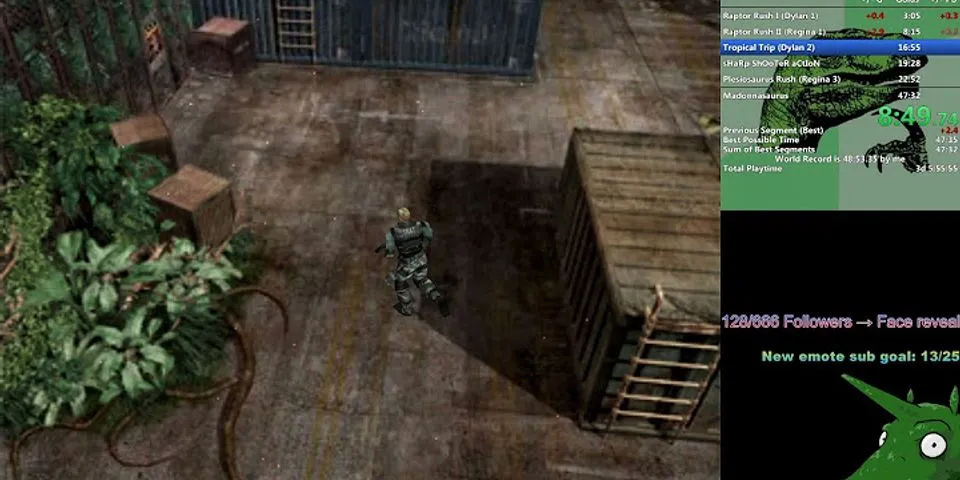Read Online (Free) relies on page scans, which are not currently available to screen readers. To access this article, please contact JSTOR User Support . We'll provide a PDF copy for your screen reader. With a personal account, you can read up to 100 articles each month for free. Show Already have an account? Log in Monthly Plan
Yearly Plan
Log in through your institution journal article The Cuban Missile Crisis: A Study of Its Strategic ContextPolitical Science Quarterly Vol. 87, No. 4 (Dec., 1972) , pp. 564-590 (27 pages) Published By: The Academy of Political Science https://doi.org/10.2307/2148197 https://www.jstor.org/stable/2148197 Read and download Log in through your school or library Alternate access options For independent researchers Read Online Read 100 articles/month free Subscribe to JPASS Unlimited reading + 10 downloads Journal Information The Political Science Quarterly is the oldest and most widely read political science journal in the country. Published since 1886, PSQ offers crucial and timely analysis of both domestic and foreign policy issues as well as of political institutions and processes. PSQ has no ideological or methodological bias and is edited to make even technical findings clear to political scientists, historians, and other social scientists regardless of subfield. Each issue consists of five or six insightful articles by leading scholars as well as 30 to 40 scholarly and useful book reviews. To browse and search through issues published in the last five years, please visit http://www.psqonline.org. Publisher Information The Academy of Political Science is a nonpartisan, nonprofit organization founded in 1880 with a threefold mission: (1) to contribute to the scholarly examination of political institutions, processes, and public policies, (2) to enrich political discourse and channel the best social science research in an understandable way to political leaders for use in public policy making and the process of governing, and (3) to educate members of the general public so that they become informed voters in the democratic process. The major vehicles for accomplishing these goals are its journal, Political Science Quarterly, Academy conferences, and the publication of proceedings or symposia based on conference presentations. The prestige and authority of the Academy are such that statesmen and scholars of all political persuasions have enrolled as members, participated in its conferences, and contributed to its publications. Former presidents Gerald Ford, Jimmy Carter, Ronald Reagan, and George Bush are honorary members of the Academy. For information about institutional subscriptions, individual membership, back issues, reprints, permissions, or manuscript submissions contact The Academy of Political Science. This information is also available at http://www.psqonline.org/. Rights & Usage This item is part of a JSTOR Collection. Transcripts: [[selectable_languages.length]] Languages Accession Number: WH-142-001 Digital Identifier: JFKWHA-142-001 Title: Radio and television address to the American people on the Soviet arms build-up in Cuba, 22 October 1962 Date(s) of Materials: 22 October 1962 Description: Audio recording of President John F. Kennedy’s radio and television address to the nation regarding the former Soviet Union’s military presence in Cuba. In his speech President Kennedy reports the establishment of offensive missile sites presumably intended to launch a nuclear offensive against Western nations. The President characterizes the transformation of Cuba into an important strategic base as an explicit threat to American security, and explains seven components to his proposed course of action: quarantine all offensive military equipment under shipment to Cuba, increase the degree of surveillance, regard a possible attack launched from Cuba as a Soviet attack, reinforce the Guantanamo Bay Naval Base, call for a meeting of the Organ of Consultation, call for an emergency meeting of the United Nations Security Council, and demand that Premier Nikita Khrushchev cease his current course of action. In his speech the President famously states, “Our goal is not the victory of might, but the vindication of right- not peace at the expense of freedom, but both peace and freedom, here in this Hemisphere, and, we hope, around the world.” Copyright Status: Public Domain Physical Description: 1 audio tape/reel (18 minutes) View transcript [[selectable_languages.length]] Languages What was the significance of Cuban Missile Crisis?The Cuban missile crisis showed that neither the United States nor the Soviet Union were ready to use nuclear weapons for fear of the other's retaliation (and thus of mutual atomic annihilation). The two superpowers soon signed the Nuclear Test-Ban Treaty of 1963, which banned aboveground nuclear weapons testing.
How did the Cuban Missile Crisis End Why is it significant?A Deal Ends the Standoff
During the crisis, the Americans and Soviets had exchanged letters and other communications, and on October 26, Khrushchev sent a message to Kennedy in which he offered to remove the Cuban missiles in exchange for a promise by U.S. leaders not to invade Cuba.
What was the Cuban Missile Crisis Why was this conflict significant to the Cold War?In 1962 the Soviet Union began to secretly install missiles in Cuba to launch attacks on U.S. cities. The confrontation that followed, known as the Cuban missile crisis, brought the two superpowers to the brink of war before an agreement was reached to withdraw the missiles.
|

















